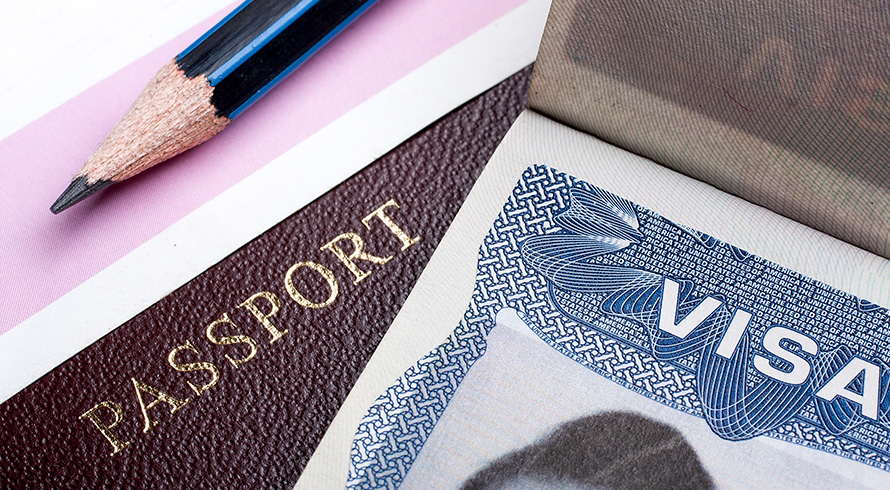Women in the workplace
Some of the important protections impacting women in the workplace include:
- Protection against dismissal - in terms of the Labour Relations Act, No 66 of 1995 (LRA), a dismissal is automatically unfair if the employee is dismissed because of her pregnancy, intended pregnancy or a reason related to her pregnancy. A dismissal which is found to be automatically unfair can attract an order of reinstatement or compensation up to 24 months’ salary.
- Protection against unfair discrimination - the Employment Equity Act, No 55 of 1998 (EEA) protects employees from unfair discrimination on listed grounds which include gender, sex, pregnancy, marital status, family responsibility or on any other arbitrary grounds.
- Equal pay protection – the EEA was recently amended to introduce the equal pay for work of equal value principle (equal pay principle). In terms of the amendment, a difference in terms and conditions of employment between employees of the same employer performing the same or substantially the same work or work of equal value that is directly or indirectly based on any one or more of the listed grounds or on any other arbitrary ground, is unfair discrimination. A Code of Good Practice on equal pay for work of equal value states that the equal pay principle “addresses a specific aspect of workplace discrimination and the undervaluing of work on the basis of a listed or any other arbitrary ground…” As stated above, the listed grounds include gender and sex.
- Maternity leave protection – in terms of the Basic Conditions of Employment Act, No 75 of 1997 (BCEA), an employee has a right to at least four consecutive months’ unpaid maternity leave. The Unemployment Insurance Act, No 63 of 2001 provides for payment of maternity benefits.
- Protection before and after birth - the BCEA also provides protection to employees before and after the birth of a child. In terms of s26(1) of the BCEA, “no employer may require or permit a pregnant employee or an employee who is nursing her child to perform work that is hazardous to her health or the health of her child.” A Code of Good Practice on the protection of employees during pregnancy and after the birth of child has been issued in terms of the BCEA. The Code recognises that many women return to work while breast-feeding and provides guidelines for employers. It guides employers on how to assess and control risks to the health and safety of pregnant and breast-feeding employees and provides a non-exhaustive list of hazards to pregnant and breast-feeding employees recommending steps to control or prevent those risks.
- Family responsibility leave - subject to certain requirements, s27 of the BCEA grants employees three days paid leave which an employee can take when the employee’s child is born or sick, or on the death of the employee’s child, adopted child, spouse, life partner, parent, sibling or grandchild.
South African legislation has progressed in order ensure the protection and advancement of women in the workplace. Non-compliance with the legislation could lead to severe penalties being imposed or compensation being awarded.
The information and material published on this website is provided for general purposes only and does not constitute legal advice. We make every effort to ensure that the content is updated regularly and to offer the most current and accurate information. Please consult one of our lawyers on any specific legal problem or matter. We accept no responsibility for any loss or damage, whether direct or consequential, which may arise from reliance on the information contained in these pages. Please refer to our full terms and conditions. Copyright © 2026 Cliffe Dekker Hofmeyr. All rights reserved. For permission to reproduce an article or publication, please contact us cliffedekkerhofmeyr@cdhlegal.com.
Subscribe
We support our clients’ strategic and operational needs by offering innovative, integrated and high quality thought leadership. To stay up to date on the latest legal developments that may potentially impact your business, subscribe to our alerts, seminar and webinar invitations.
Subscribe



